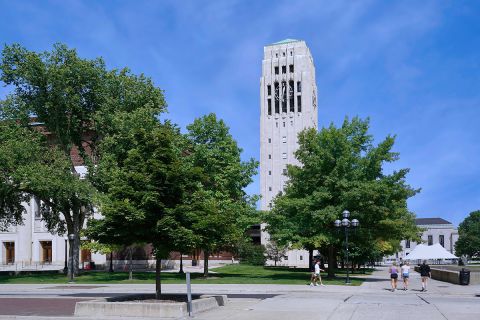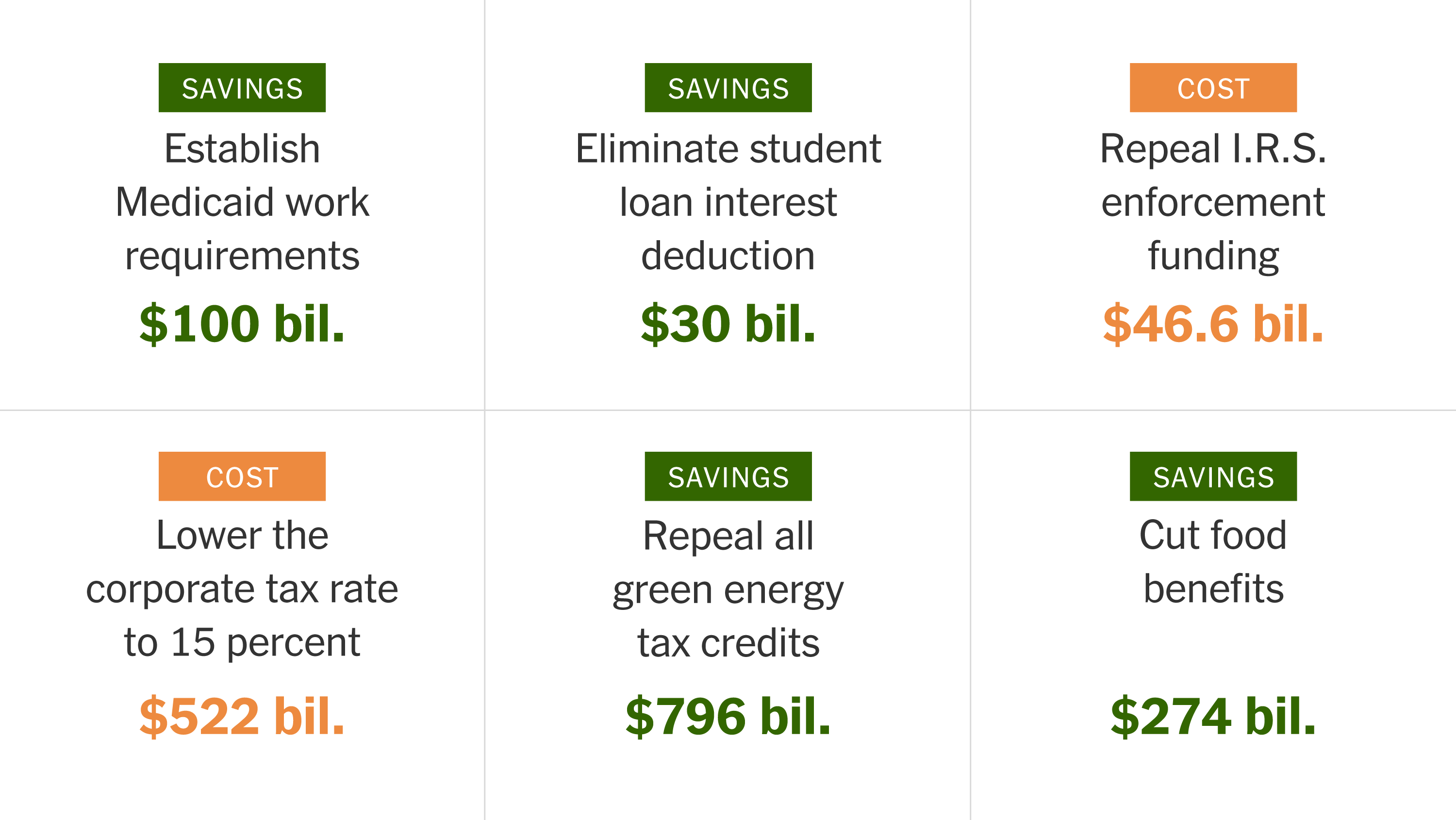College Enrollment Decline: A Looming Threat To College Towns' Economic Stability

Table of Contents
The Economic Lifeline of College Towns
Colleges and universities are not just educational institutions; they are the economic heartbeats of many towns and cities. Their presence fuels a vibrant ecosystem of businesses and services, creating a significant economic ripple effect. The economic contributions are multifaceted and substantial:
- Student Spending: Students contribute significantly to the local economy through spending on housing, food, entertainment, textbooks, and other goods and services. This constant influx of capital keeps local businesses thriving.
- Employment Generation: Universities are major employers, providing jobs for faculty, staff, administrators, and researchers. These well-paying positions contribute significantly to the local tax base and overall economic health.
- Property Value Enhancement: The presence of a university often leads to increased property values in the surrounding areas, boosting local tax revenue for essential services like schools and infrastructure.
- Business Attraction: Colleges attract businesses that cater specifically to the student population, such as bookstores, cafes, restaurants, and entertainment venues. This creates a diverse and dynamic local business landscape.
- Research and Development: University research and development initiatives often lead to technological advancements and economic spin-offs, benefiting the local economy through innovation and job creation.
The Impact of Declining Enrollment on Key Sectors
A decline in college enrollment directly impacts several key sectors within college towns, leading to a domino effect of economic challenges:
- Rental Market: Reduced student numbers translate to lower demand for student housing. This leads to increased rental vacancy rates, decreased rental prices, and potential financial hardship for landlords who rely on student tenants. The housing market becomes significantly impacted, potentially leading to property devaluation.
- Local Businesses: Local businesses, heavily reliant on student patronage, suffer greatly from declining enrollment. Decreased student spending on goods and services results in lower sales, reduced profits, and even business closures for restaurants, shops, and entertainment venues. Many small businesses, vital to the character of a college town, are particularly vulnerable.
- Employment: As student numbers dwindle, universities often reduce staff and cut back on non-essential services. This leads to job losses, increased unemployment rates, and a general economic downturn affecting not only university employees but also those in businesses that cater to the student population.
Addressing the Challenges of College Enrollment Decline
Combating the negative economic effects of declining college enrollment requires a multi-pronged approach:
- Attracting Students: Universities must proactively attract students through various strategies. These include improving academic programs, enhancing student life experiences, increasing financial aid opportunities, and implementing effective university marketing campaigns targeted at prospective students. Focusing on student recruitment is paramount.
- Diversifying the Economy: College towns need to reduce their dependence on the university by attracting new businesses and industries. Economic diversification through business development initiatives and community development projects is crucial for long-term sustainability. This involves attracting businesses that are not solely reliant on the student population.
- Government Support: Local, state, and federal governments play a crucial role in supporting college towns facing enrollment declines. This can involve providing government funding, economic stimulus packages, and community grants to aid in economic diversification and infrastructure improvements.
Long-Term Implications and Sustainability
Sustained college enrollment decline can have devastating long-term consequences for college towns. Without proactive planning and the implementation of effective strategies, these communities risk entering a cycle of economic decline that is difficult to reverse. Long-term planning focusing on economic sustainability and community resilience is absolutely necessary. This requires collaborative efforts between universities, local governments, and businesses.
Conclusion
The economic role of colleges in their surrounding communities is undeniable, and the impact of College Enrollment Decline is severe. The decrease in student numbers leads to a chain reaction affecting housing, local businesses, and employment. Addressing this issue requires a proactive approach involving student recruitment strategies, economic diversification, and substantial government support. Understanding the severity of college enrollment decline is the first step towards implementing effective solutions. Proactive planning and collaborative efforts are crucial to securing the future economic well-being of college towns. Let's work together to mitigate the effects of declining college enrollment and build more resilient and sustainable communities.

Featured Posts
-
 Dow Futures Fall Moodys Downgrade Shakes Dollar And Markets
May 21, 2025
Dow Futures Fall Moodys Downgrade Shakes Dollar And Markets
May 21, 2025 -
 The Numbers Dont Lie Evaluating The Gop Tax Plans Deficit Claims
May 21, 2025
The Numbers Dont Lie Evaluating The Gop Tax Plans Deficit Claims
May 21, 2025 -
 5 Podcasts Esenciales Para Amantes Del Misterio Suspenso Y Terror
May 21, 2025
5 Podcasts Esenciales Para Amantes Del Misterio Suspenso Y Terror
May 21, 2025 -
 Record Breaking Episode Caps Off Snls 50th Season
May 21, 2025
Record Breaking Episode Caps Off Snls 50th Season
May 21, 2025 -
 Carlo Ancelotti Nin Yerine Juergen Klopp Bir Karsilastirma
May 21, 2025
Carlo Ancelotti Nin Yerine Juergen Klopp Bir Karsilastirma
May 21, 2025
